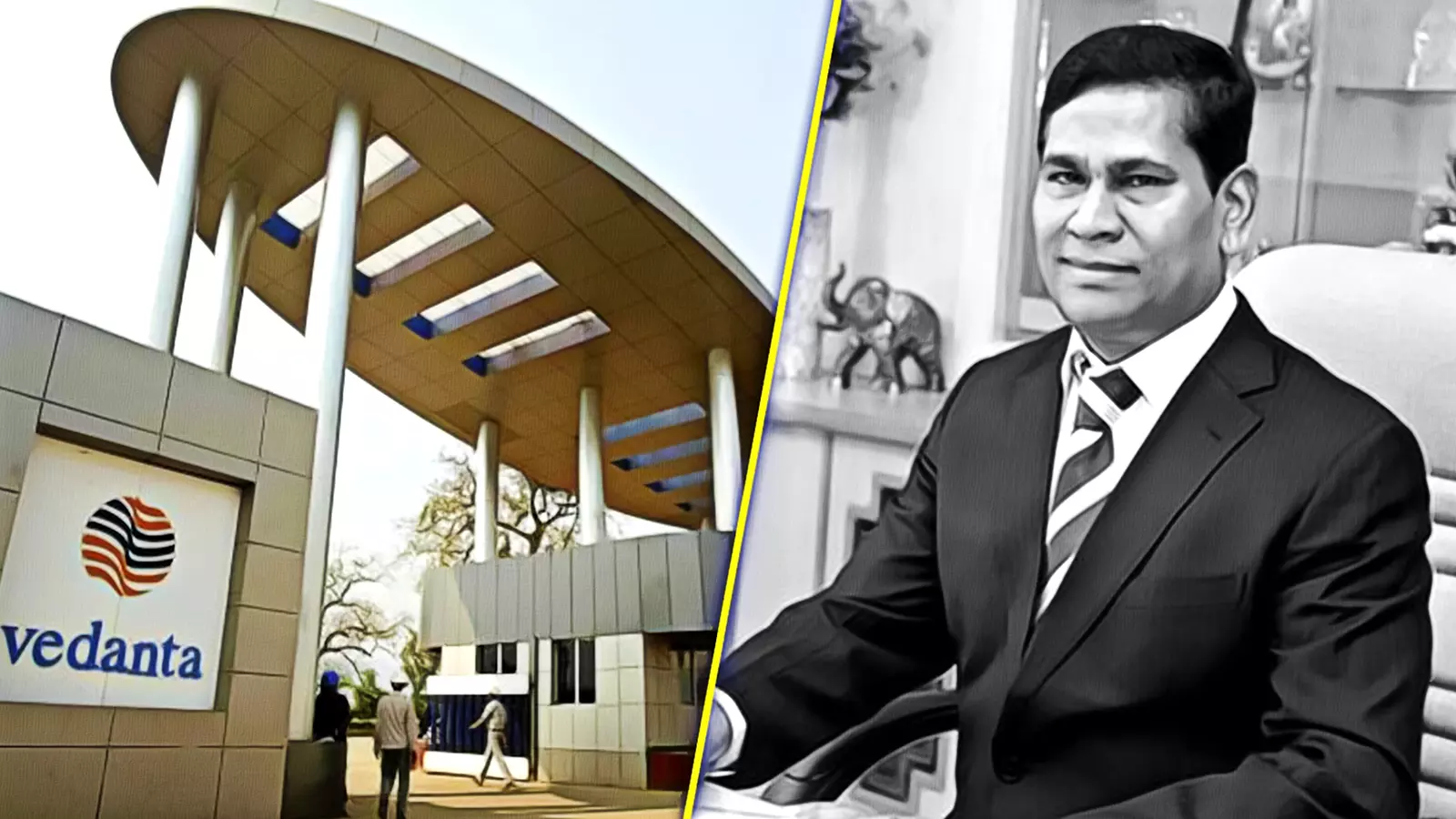
Electoral bonds: Martin Group, Vedanta among top donors with TN link
Coimbatore-based Martin runs businesses from lotteries to real estate to agro products, while conglomerate Vendanta owns Sterlite Copper Plant in Thoothukudi

The list of donors in electoral bonds, which was released last night, has thrown up some interesting facts.
Future Gaming and Hotel Services Pvt Ltd, which has purchased the highest value of electoral bonds totalling Rs 1,368 crore – between October 2020 and January 2024 – is headquartered in Coimbatore. The company, founded by Santiago Martin in 1991, is better known as Martin Group.
'All above board'
“This (Future Gaming's financial details) is all on paper. Our balance sheets are available for anyone to see. People know from our papers that we have procured electoral bonds. We have nothing to hide,” a source close to the group told The Federal on the condition of anonymity.
The group hit the headlines yesterday after the Election Commission of India (EC) disclosed information about entities and political parties that received funds through electoral bonds.
The source mentioned above said the company's revenues, expenditures, and all dealings are on record, and there is "nothing to hide."
From July 2017, when the Goods and Services Tax regime was rolled out, till February 2024, the now-famous Martin Group has paid GST of Rs 25,307 crore. Most of it has gone to states outside Tamil Nadu, which has a lottery ban since 2003.
Among the states where Martin Group sells its lottery tickets, West Bengal has earned the highest GST from lotteries since July 2017, at Rs 24,573 crore. This was followed by Maharashtra, Punjab, Sikkim, Meghalaya, Nagaland and Goa. In these states, lottery is still a thriving business.
ED action in 2022
In 2022, the Enforcement Directorate (ED) attached assets worth over Rs 409 crore belonging to the company and its various sub-distributors in a money laundering case. The company allegedly buys electoral bonds worth Rs 100 crore within days of the ED’s action.
"Post ED action we were forced to buy electoral bonds," the source said, but did not disclose which party was behind it.
The source close to the Martin Group claimed that parties that have benefited from its electoral bonds purchase include the Trinamool Congress, Congress and DMK, but the BJP was the largest beneficiary. In Tamil Nadu, both the DMK and the AIADMK have redeemed electoral bonds.
According to the website of Martin Foundation, "the story of his [Santiago Martin's] life is one that epitomizes the success of a man who built nothing, into an empire”. At 13, Martin started off by selling lottery tickets and worked up his way enough to be called 'Lottery King'.
While Martin Group is the largest donor through electoral bonds, Martin himself reportedly never had any access to higher-ups in power at the Centre. But his elder son Charles is said to have joined the BJP in 2015.
Diversified operations
The group's website says the average annual growth rate of the enterprise was approximately 109 per cent. After the lottery ban in Tamil Nadu (lotteries are still reportedly legal in 13 states across the country) the Martin Group is said to have diversified into various sectors including real estate, construction, alternative energy, visual media entertainment, textiles and yarn, hospitality, healthcare and education, software and technology, property development, and agro products.
"Political parties start demanding money when they know that a business is doing well," the source said. "For any corporate, electoral bonds are a good option. We never demanded that it should be a secret. In fact, it is public knowledge that the group buys electoral bonds. What is not known is who is the beneficiary."
Vedanta Group's donations
The Vedanta Group, among the top donors to political parties through electoral bonds, also has a Tamil Nadu connection. The company has contributed close to Rs 400 crore through electoral bonds from April 2019 to April 2021.
Amid making these contributions, Vedanta is said to have written to the Centre asking it to "loosen environmental clearance laws", which was reportedly done in early 2022.
The company owns the hugely controversial Sterlite Copper Plant in Tamil Nadu’s Thoothukudi district, which remains closed now. The Tamil Nadu Pollution Control Board (TNPCB) ordered the shutdown of the plant in May 2018 following a protest by locals leading to 13 fatalities of civilians.
Legal action
Vedanta moved the Supreme Court after the High Court upheld the order. On February 29, 2024, the Supreme Court rejected the company’s plea to reopen the plant.
The company had donated Rs 15 crore to the BJP in 2014 – a year after the plant was first shut down following a poisonous gas leak.
Vedanta, however, managed to reopen the plant after the TNPCB "failed to establish that Sterlite was responsible for the gas leak".
The company also claimed to have obtained environmental clearance from the Union government without consulting the local population – made possible by the NDA government’s interpretation of green regulations in December 2014, which facilitated the construction of specific plants without consulting the affected communities

